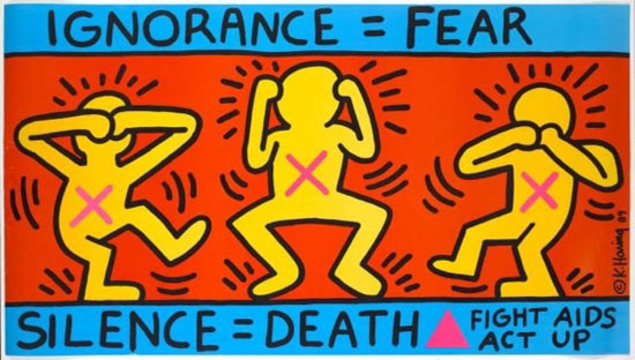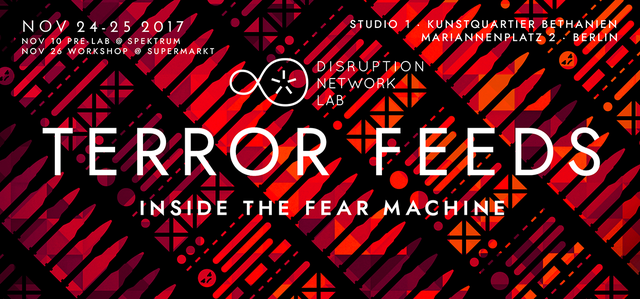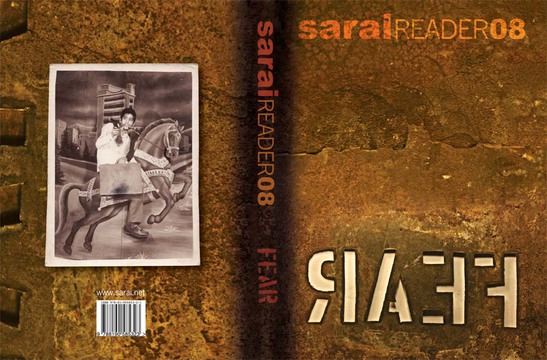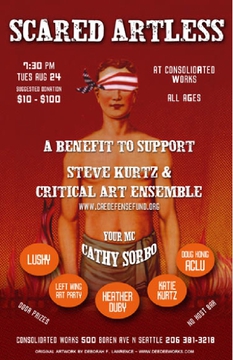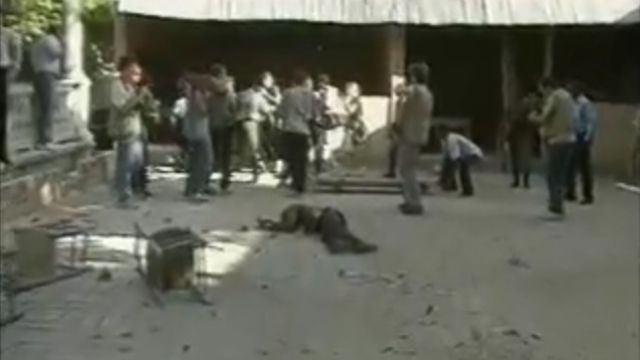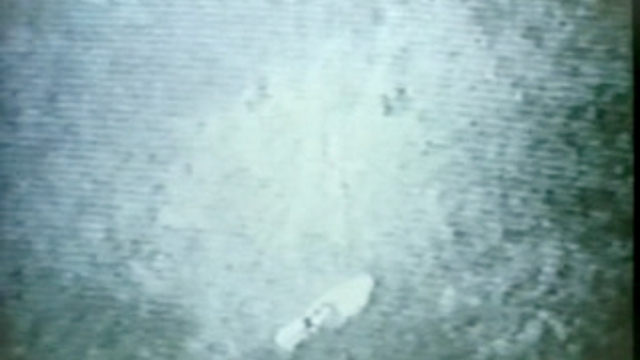Search results for 'fear'
ACT UP: Ignorance = Fear
Sarai Reader 08: Fear
Sarai Reader 08: Fear
Modernity's great promise - the freedom from fear, now lies in ruins.
One can argue that this vision was always compromised - modernity
(especially in the form that emerged in the West, under Capitalism)
always hid its own fears, and hid from its own fears - the fear of
epidemics, of urban panic, of the homeless multitude and of criminal
activity. This led to a drive for transparency: for separating the civic
from the criminal, the civilised and the barbaric peoples, the human
from the non human, life from the machine.
ACT UP (AIDS Coalition To Unleash Power)
ACT UP, AIDS Coalition To Unleash Power, is a diverse, non-partisan group of individuals, united in anger and committed to direct action to end the AIDS crisis, started in 1987. We meet with government officials, we distribute the latest medical information, we protest and demonstrate. We are not silent.
ReadSecurity through InSecurity
Increase the level of paranoia.....
bombs in the metro.....bombs in Oklahoma......
bombs in the World Trade Center.....bombs in Mururoa.....
Who are the real terrorists?
Art is not Terrorism
Freedom is Knowledge
Bodies of Fear in a World of Threat
They wanted the Germs; they got 'em. - Darby Crash
The use of the symbolic abstraction of fear as an exchangeable sign has
always been a helpful means to justify and manifest the most perverse
needs of authority invested in the expansion of militarized orders and
the erasure of individual autonomy. But in the United States after the
9/11 attacks, fear reigns supreme as a fundamental unit of exchange
across the entire political, economic, and military spectrum.
Scared Artless
Signs of the Times: the Popular Literature of Tahrir
Protest Signs, Graffiti, and Street Art - a special issue of Shahadat
This issue takes as its focus the popular literature of the Egyptian
Revolution. Drawing on protest signs, graffiti, and street art in Tahrir
to read the culture of resistance particular to the Egyptian
Revolution, the curators examine how protesters changed the political
narrative through the use of images, memorials, and expressions of daily
life. Featuring examples from an extensive gallery of online images
culled from the collections of several prominent Egyptian journalists
and activists, the online piece is a visual tour of some of the creative
production of Egypt's Revolution. A collaborative curation project
split between New York City and Cairo, this is ArteEast's first critical
look at the cultural production related to recent political
developments in the Middle East.
- Co-curators, Rayya El Zein & Alex Ortiz.
Maja Smerkar - In Defense of Artistic Freedom: Support Legal Action Against Political Abuse
Maja Smrekar Legal Defense Fund
Slovenian artist Maja Smrekar is taking legal action against a politically motivated smear campaign orchestrated by the far-right Slovenian Democratic Party (SDS)
In the lead-up to Slovenia’s 10th May referendum on pension reforms for awarded artists, SDS escalated its long-standing culture war—branding contemporary art as “degenerate” and weaponizing Smrekar’s internationally acclaimed K-9 Topology project to provoke moral panic.
Cleaners for a Better Future
This is a struggle for better conditions and for the right to fight!
ReadJordan Crandall
Jordan Crandall is an artist, theorist, and performer based in Los Angeles. His video installations, presented in numerous exhibitions worldwide, combine formats and genres deriving from cinematic and military culture, exploring new regimes of power and their effects on subjectivity, sociality, embodiment, and desire. Crandall writes and lectures regularly at various institutions across the US and Europe. He is the 2011 winner of the Vilém Flusser Theory Award for outstanding theory and research-based digital arts practice, given by the Transmediale in Berlin in collaboration with the Vilém Flusser Archive of the University of Arts, Berlin. He is currently (2012) an Honorary Resident at Eyebeam art and technology center in New York, where he is continuing the development of a new body of work that blends performance art, political theater, philosophical speculation, and intimate reverie. The work, entitled UNMANNED, explores new ontologies of distributed systems -- a performative event-philosophy in the form of a book and a theatrical production. He is also the founding editor of the new journal VERSION.
ReadPaul Virilio
Paul Virilio (b. 1932 in Paris) is a world-renowned philosopher,
urbanist, and cultural theorist. His work focuses on urban spaces and
the development of technology in relation to power and speed. He is
known for his coining of the term 'dromology' to explain his theory of
speed and technology. Paul Virilio is of mixed ancestry, being the son
of an Italian father (who identified as a Communist) and a Breton
mother. As a small child in France during the Second World War, Paul
Virilio was profoundly impacted by the blitzkrieg and total war;
however, these early experiences shaped his understanding of the
movement and speed which structures modern society. In order to escape
the heavy fighting in the city, he fled with his family to the port of
Nantes in 1939.



